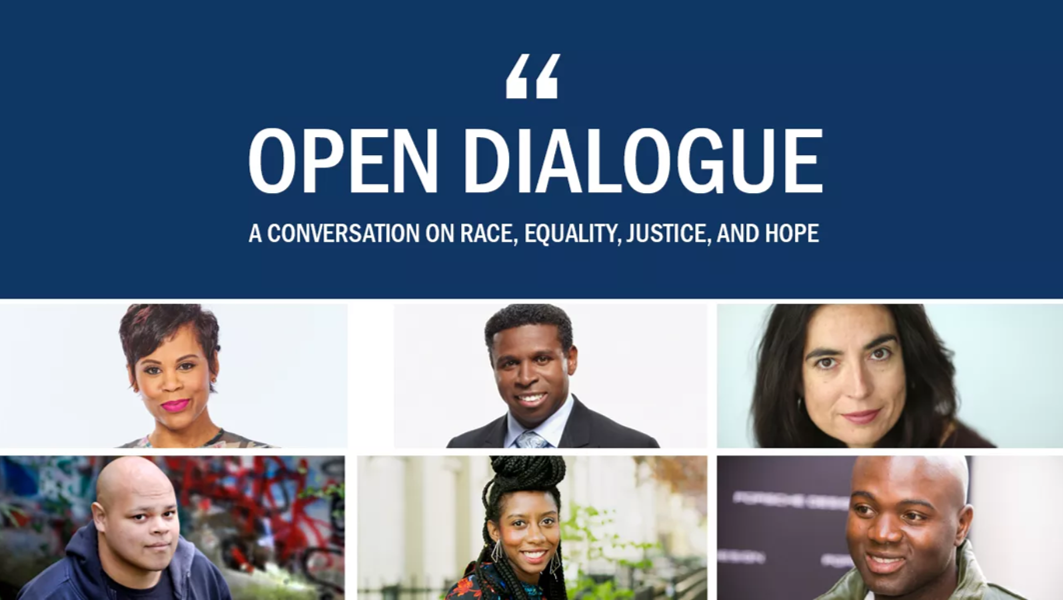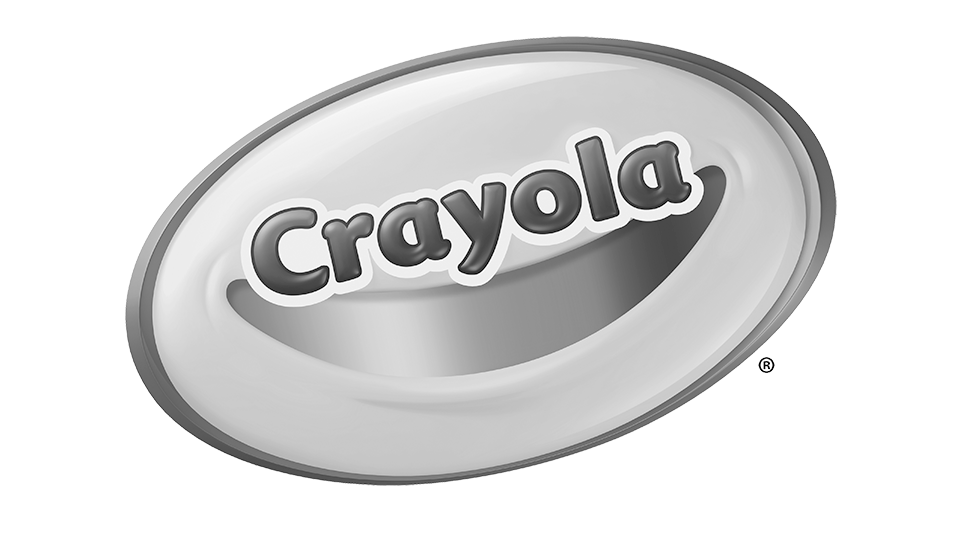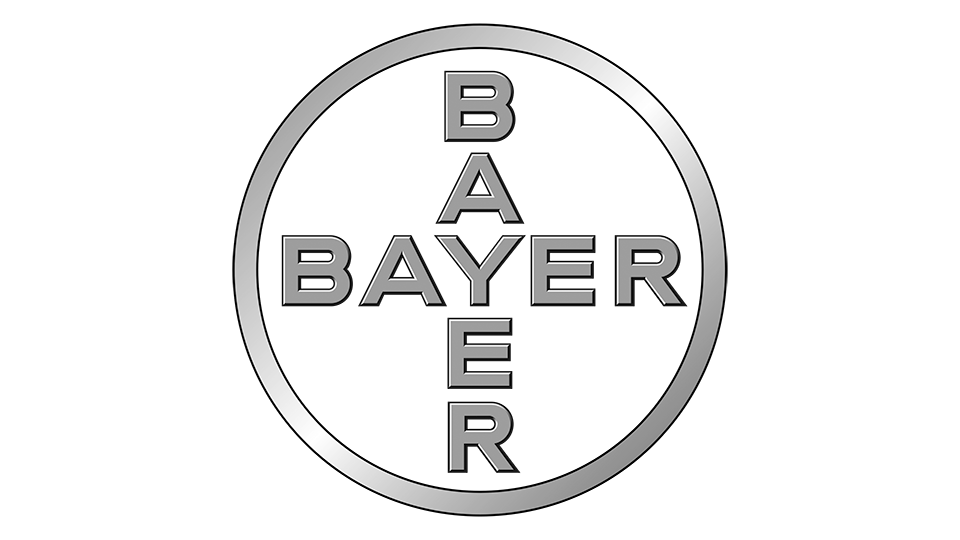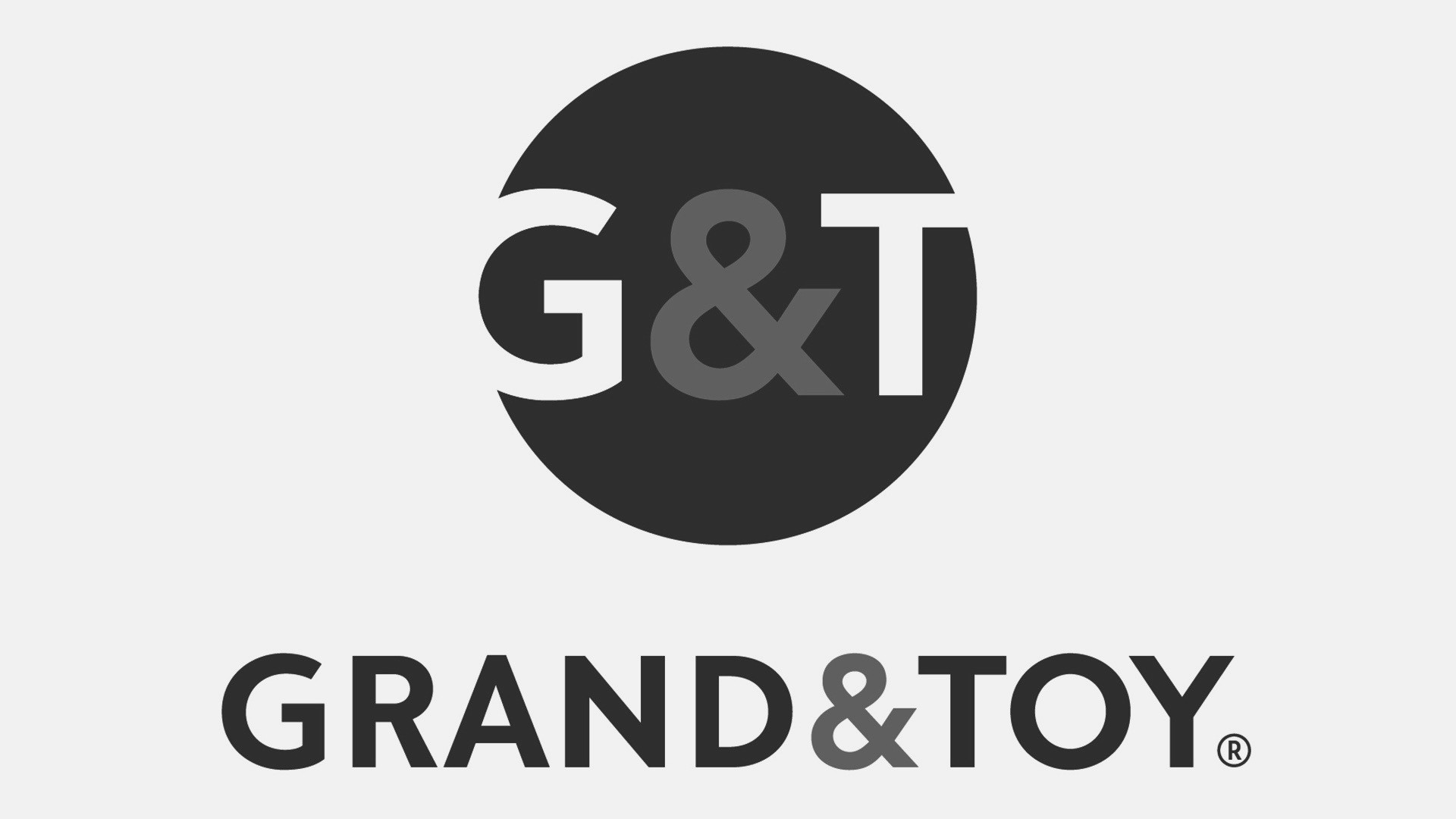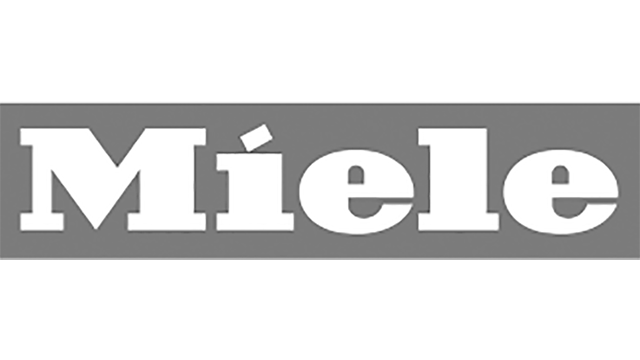Fearless and Thriving in an Age of Acceleration
For most of us catching our breath on the speed train of change, this title may sound impossible. But I truly believe there has never been a greater time of promise and potential!
This is especially true after the 2017 PEO conference where we heard from incredible speakers about the realities and exciting possibilities for the future of work. We spent three days examining all areas affecting our world and some of the findings have been quite insightful.
We are living in the fourth industrial revolution, one that The World Economic Forum describes as merging the physical, digital and biological spheres – a revolution that will impact the way we live, work and relate to each other.
To recap on past revolutions:
- Industrial Revolution 1 – Used water and steam to mechanize production
- Industrial Revolution 2 – Used electric power to create mass production
- Industrial Revolution 3 – Used IT and electronics to automate production
These revolutions focused on the supply and operational side of businesses – driving productivity enhancements. To better understand the fourth one, we need to address three areas: Velocity, Scope and Systems.
Velocity – we have been accustomed to linear acceleration in the past with intermittent breaks to calm down, reflect, regroup and process. This is no longer a reality. The accelerated growth that has been fueled by technology requires us to develop a resiliency skill because the acceleration is simply not slowing down.
The Scope – all industries around the world are being revolutionized equally and exponentially. The demise of Sears, ToysRUs, etc. proves an impotent retail restructure. Transportation will be overhauled with the advances of artificial intelligence with many suggesting that we are 5 years away from the adoption of the autonomous vehicle. It’s already happening in California and Ontario just announced Stratford as the testing ground for these new vehicles. Financial Services, Health Care, Energy, Manufacturing, the list goes on.
Systems Interactions – everything is on the verge of being digitized enabling systems to communicate with each other at amazing speeds and efficiency. The smart factory links the manufacturer, supplier, retailer, distributor, and integrator all around the consumer need. A consumer, by the way, who is dictating what, when, where and how. And who will soon begin leveraging AI through an IA (Intelligent Assistant), creating a frictionless process.
So, what does this all mean to us as leaders? Get in the business of taking yourself out of business!
This of course is a statement Leonard Brody made at the PEO conference. What does he mean? If you don’t disrupt yourself, someone else will. If you don’t get on the right side of change, you will be left behind. Sounds daunting but fearlessly possible!
The three-day retreat provided our membership with incredible insight and learning. Some of the areas we tackled were the types of leadership skills required over the next decade to thrive, and the roadmaps to upgrading our management competencies. Three clear ideas emerged to thrive in the age of acceleration:
- Work on your creativity. The World Economic Forum noted creativity as the top skill required by 2020. In 2015, creativity was ranked 10th. However, creativity does not mean Innovation. Innovation loves creativity because it generates the thinking and the ideas that innovation is then able to focus on.
- Transform yourself from a “know it all” to a “learn it all”. You can no longer afford to be the smartest person in any room. Our experience has allowed us to become leaders but it may also lead to our eventual demise. With the acceleration in pace and the rising complexity in this world – we need to become like sponges. Age and experience will not be an excuse.
- Listening does not imply mastering. Master something. Mastering is about experimentation and being able to experience whether an idea works or not. One dimensional learning or listening is a thing of the past. You don’t need to take large risks to master something. You need to attempt, test and experience.



